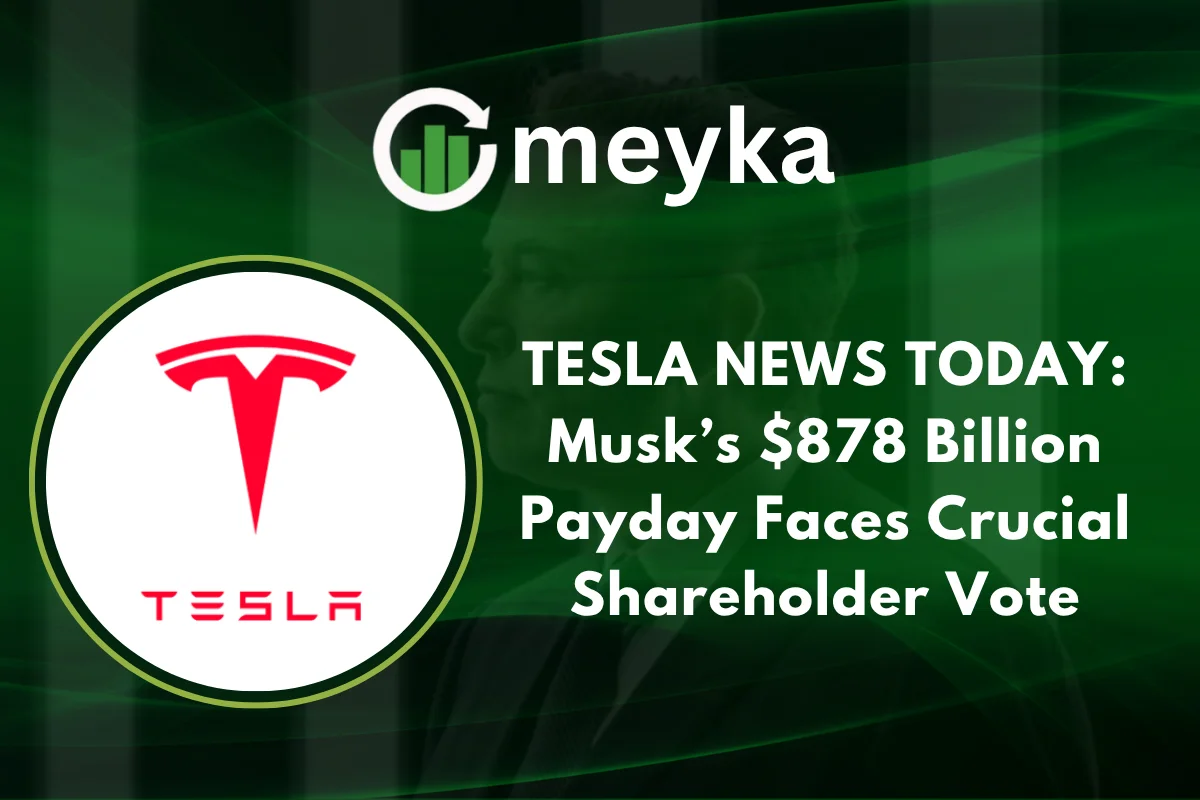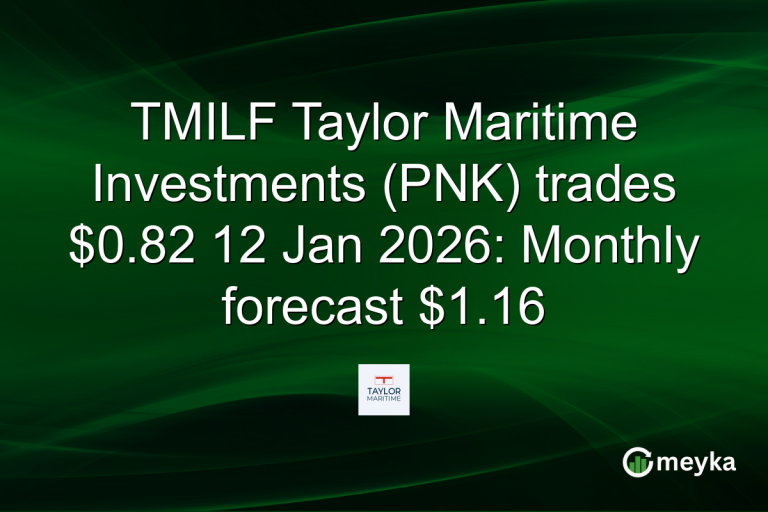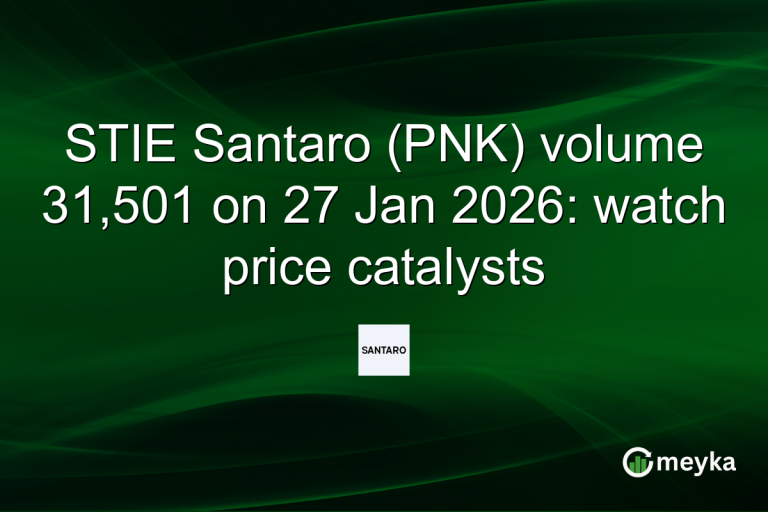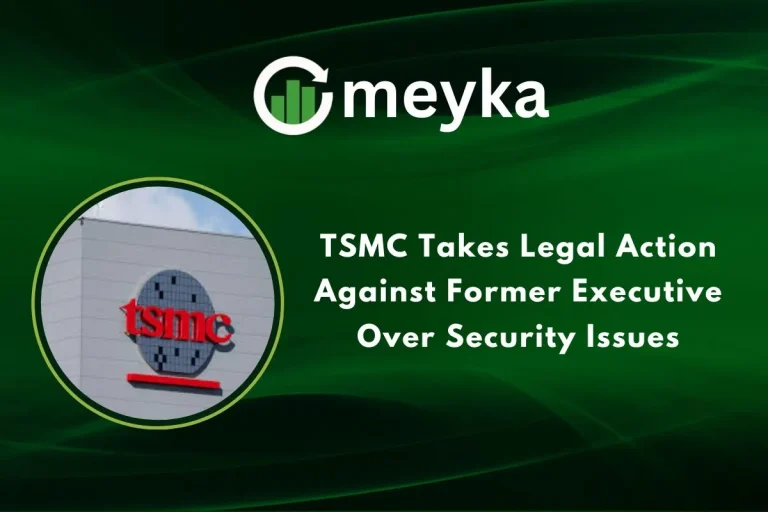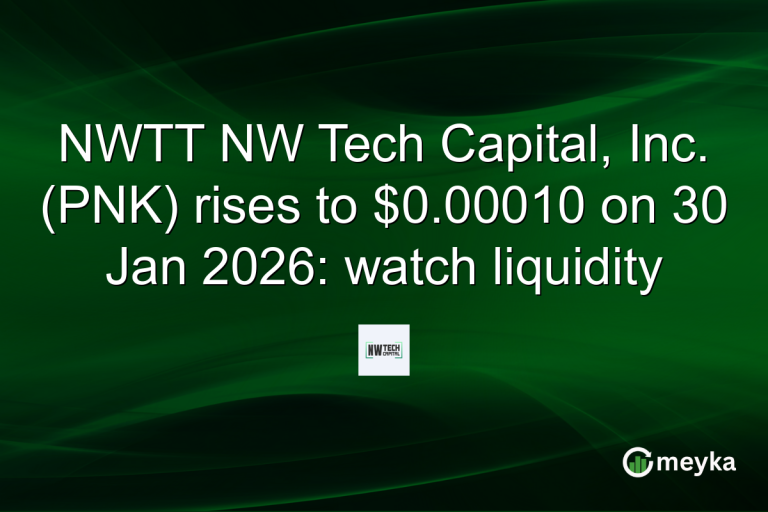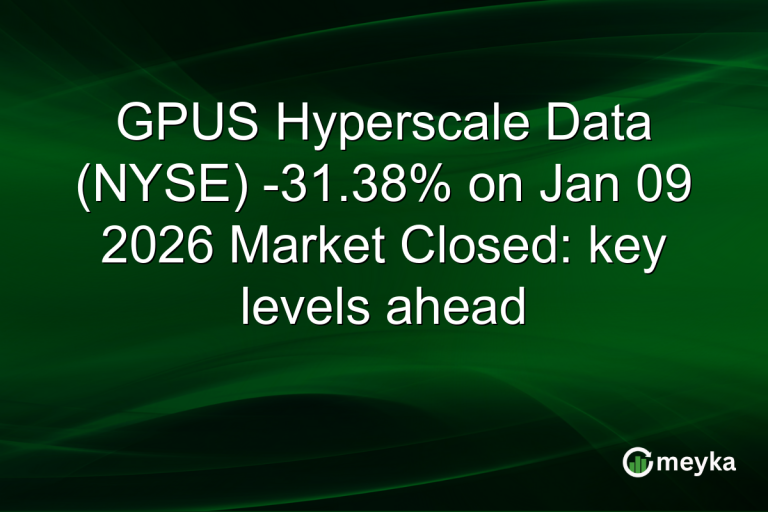TESLA NEWS TODAY: Musk’s $878 Billion Payday Faces Crucial Shareholder Vote
When it comes to the stock market, few stories carry as much weight as the one playing out at Tesla, Inc. (TSLA). The company’s board is asking shareholders to approve a staggering compensation package for CEO Elon Musk that could reach $878 billion, making it likely the largest executive pay deal in history. The outcome of this vote has broad implications not just for Tesla but also for investors tracking growth and AI stocks, corporate governance trends, and the broader marketplace.
Continue Reading on Meyka
This article is available in full on our main platform. Get access to complete analysis, stock insights, and more.
Read Full Article →